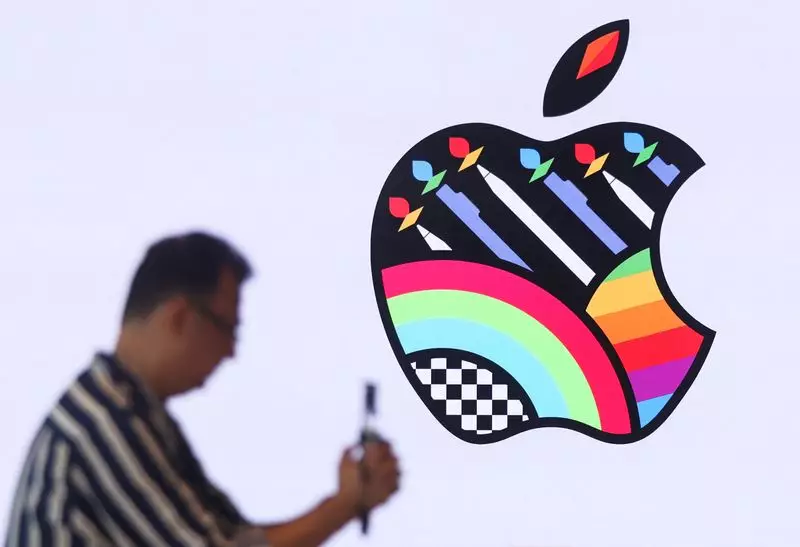In the intricate realm of technology and commerce, antitrust regulations play a pivotal role in ensuring fair competition. Recently, the Competition Commission of India (CCI) has been examining Apple’s practices within the Indian market. This investigation is rooted in allegations that Apple has taken advantage of its leading position in the app store segment associated with its iOS operating system. The complaints originated from the non-profit organization Together We Fight Society (TWFS), which alleges that Apple’s actions have harmed both developers and users, leading to an unfair competitive landscape.
Apple’s Response and the CCI’s Stance
In the latest developments, Apple sought to halt an investigation report that found the tech giant in violation of Indian competition laws. This request was formally denied by the CCI, which emphasized the importance of allowing the investigation to proceed without interruption. Apple’s concern primarily revolved around the alleged leak of sensitive information to competitors, including details that should have remained confidential. The CCI had previously ordered the retraction of investigation reports after Apple raised these issues, insisting that confidential commercial data was improperly disclosed.
Despite Apple’s claims of prejudice and a lack of due process, the CCI’s response indicates a strong commitment to regulatory rigor. The commission deemed Apple’s request to suspend the report as “untenable,” underscoring its determination to maintain the integrity of the investigative process. Notably, the internal order revealed that the CCI expects compliance from TWFS regarding the destruction of information from the initial reports, further complicating Apple’s defense as it seeks accountability from its accusers.
The Broader Implications for Apple
This ongoing investigation poses significant implications for Apple’s operations in India, a market critical to the company’s growth strategy. Apple’s assertion that it is a minor player in the Indian smartphone market, dwarfed by Google’s Android operating system, reveals a possible tactic to mitigate the impact of this scrutiny. Nevertheless, the CCI’s findings imply that Apple’s dominance in the app marketplace, coupled with its stringent control over payment systems, could warrant serious sanctions should the investigation conclude against the company.
Moreover, the CCI has mandated that Apple submit its audited financial statements for recent fiscal years, a move illustrating the regulator’s intent to evaluate potential financial penalties. Such measures may drastically reshape Apple’s business strategy in India, compelling it to reconsider its practices regarding developers and payment processors.
As this case unfolds, it is emblematic of the broader challenges tech giants face in adapting to varied regulatory environments globally. For Apple, successfully navigating this investigation will not only determine its legal standing in India but may also set a precedent for how it operates in other markets facing similarly stringent regulatory measures. The outcome of this battle could resonate throughout the tech industry, serving as both a warning sign and a clarion call for reform in the competitive practices of dominant players. The stakes are high, and both Apple and the CCI are poised to make their case known in this pivotal examination of corporate conduct.

